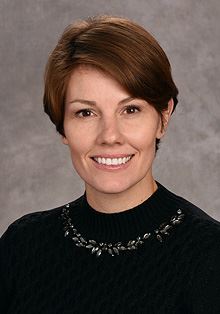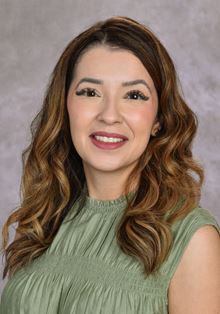2141-2150 of 3201 Results Found
Programs & Services
Osteogenesis imperfecta (OI) is a genetic disorder that prevents the body from growing strong, healthy bones. This may cause frequent bone breaks, bone deformities such as bowing of the legs, a barrel-shaped chest, a curved spine, muscle weakness and loose joints. It also may
Condition
Exercise: Before Starting an Exercise Program Talk with your provider It’s always important to talk with your healthcare provider before starting an exercise program. This is especially true if you currently have, or have had, any of the following: Diabetes Chest pain or pain in
Didactics
Curriculum Our curriculum remains basically the same although the means by which some of the experiences are obtained has changed. For example, didactic training can occur through video conferencing. In addition, outpatient psychotherapy and some of the assessment process (e.g
Service
We offer the only pediatric comprehensive care in the state for brain and spinal cord tumors. Our team at the Jaydie Lynn King Neuro-Oncology Program understands brain tumors that occur in infants and children are very different from adult brain tumors and combines expertise from


Condition
Calculating a Due Date A typical pregnancy lasts, on average, 280 days, or 40 weeks—starting with the first day of the last normal menstrual period as day 1. An estimated due date can be calculated by following steps 1 through 3: First, determine the first day of your last
Service
At Phoenix Children’s, our team of interventional cardiology experts uses cardiac catheterization to diagnose and treat a patient’s heart condition. This minimally invasive approach results in faster recovery times, less pain and shorter hospital stays. Our interventional
Programs & Services
Around 600 children with eosinophilic gastrointestinal disease depend on our multidisciplinary team of experts for testing and care. We offer specialized resources and services to help them thrive.
Service
Pediatric neuromuscular diseases encompass a spectrum of disorders originating in childhood that affect the muscles, neuromuscular junctions, peripheral nerves or neurons in the spinal cord. While most of these conditions are genetic, some are acquired and primarily an abnormal
